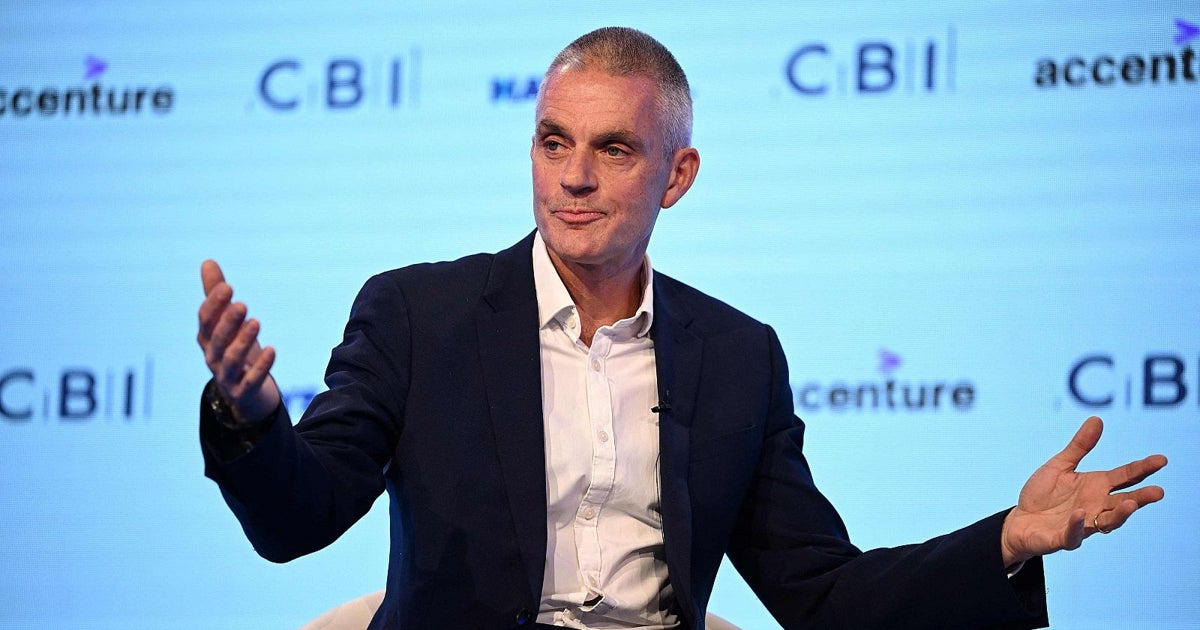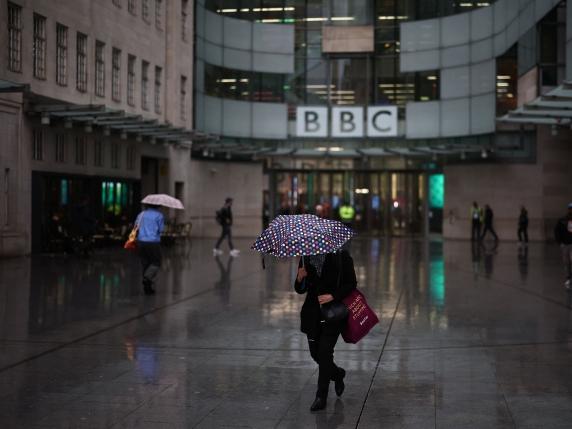BBC resignations follow Trump edit
6m
BBC director-general Tim Davie and news chief Deborah Turness resigned in London after the broadcaster admitted a misleading edit in a Trump documentary, prompting threats of legal action.
Reposted by Justin Lewis
1/3
1/3
Reposted by Jonathan Hopkin, Jonathan Portes, Christina Pagel
Reposted by Gary Sheffield
The BBC belongs to all of us here in the UK. It is still highly trusted and vital.
It doesn’t belong to the US, shady think tanks, or vested interests in the media. It needs to grow a backbone.
The BBC belongs to all of us here in the UK. It is still highly trusted and vital.
It doesn’t belong to the US, shady think tanks, or vested interests in the media. It needs to grow a backbone.


Reposted by Steve Peers, Steven Fielding, Jack Stilgoe , and 1 more Steve Peers, Steven Fielding, Jack Stilgoe, Andrew Jacobs

Maar eigenlijk illustreert dit juist het zelfreinigend vermogen van de BBC. Zoveel flagrante leugens van Trump en co zijn nóóit gecorrigeerd! Dat is veel erger.
Maar eigenlijk illustreert dit juist het zelfreinigend vermogen van de BBC. Zoveel flagrante leugens van Trump en co zijn nóóit gecorrigeerd! Dat is veel erger.
Reposted by Mary Margaret McCabe
The real story today is both Reform/Farage and the Conservatives/Badenoch talking today about radically changing the BBC
This is the real agenda
The real story today is both Reform/Farage and the Conservatives/Badenoch talking today about radically changing the BBC
This is the real agenda

Reposted by Beatriz Gallardo Paúls

by Stuart Dunn
www.bbc.co.uk/news/live/cd...

www.bbc.co.uk/news/live/cd...
by Bob Hudson

Reposted by Steve Peers, Ben H. Ansell, Judith Jesch





